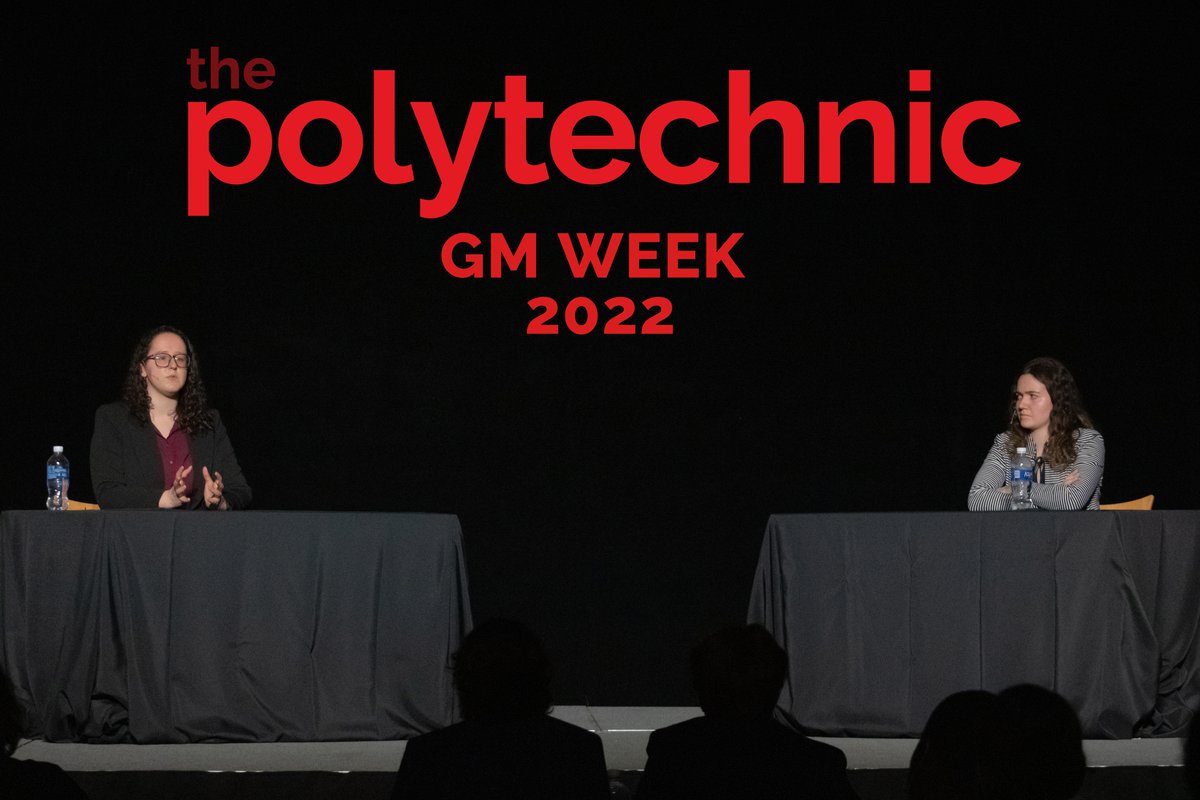The sluggish pace of Student Senate meetings
An astute worker is cautious of diminishing returns at the workplace, putting more energy and time into something just to get less and less out. However, diminishing returns are unavoidable, and many can relate to that third hour of working on a project seeming less productive than the first two.
I’ve written an article about the Student Senate every week recapping notable events from each week’s meeting, and learned a lot about what student government handles and how they like to operate. The Senate acts professionally and consistently, but, still, the Senate is powerless in the face of time and subject to ensuing exhaustion.
During the first half of the Fall semester, Senate meetings mainly consisted of appointment confirmations, where committees would bring their new members for confirmation. This ended up being very time consuming, since every confirmation required its own motion, making some meetings go on an extra hour just from appointments alone. Furthermore, the process of passing a member would shorten over time—go first, and it’s likely you’ll have to endure a hard round of questioning from the Senate. Go last, and they probably won’t even ask for your name. These appointments consumed the meeting, leaving no room for anything else productive. The sleepiness of the Senate was seen at its worst when Graduate Senator Alexander Lutsevich had business he wanted to share, but had grown so tired that he never brought it up even when asked.
Some changes should be made to make sure all subjects are addressed and are given a just amount of time. Since confirming members takes up so much time during meetings, the Senate should make something like a confirmation committee. This committee would look at the candidates to be confirmed beforehand and then suggest to the Senate if they should be confirmed or not. This would save a lot of time during the Senate, as questioning—or the majority of questioning—can happen at another time, during these committee meetings.
The proposed idea, however, cannot prevent the occasional meeting from running long—there will always be cumbersome meetings. In that case, the Senate should recognize that the meeting has become exhausting and any further business should be left to another time. Discussing topics a week later is preferable to a half-baked attempt at rushing to it at the end.
I believe the Senate meetings are performed professionally and, most of the time, with care. This should ultimately serve as a lesson for anyone: allot tasks the time they deserve, no more, no less.

 GM Week 2022
GM Week 2022